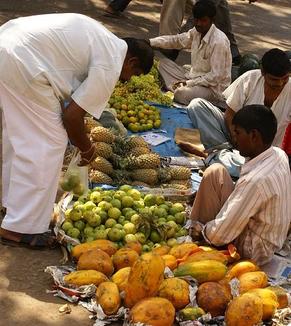
Constant reference to the "Global Economy" and "Globalisation" suggest that they have become the preoccupation of the world's political, economic and business leaders. The words are used to justify any particular economic and social policy. The phenomenon has spawned a huge amount of literature mostly inferring, from a small number of carefully chosen examples, that there are unstoppable forces leading to a homogenized world. Where does this leave Society and what is the inter-action between Individuals, comprising Society, and an elected Executive, called the State? What price Civil Liberties if Society is destroyed - does giving power to the Executive ensure the preservation of Society? Governance is the voluntary surrender of a degree of societal power to an elected Executive, in order that it can mediate between the conflicting requirements of Society for its benefit. At what point does the use of this power by the Executive, to consolidate its hold on the governed, become corrupt? The other power is that of the Market. Is it subservient to State and Society or does it have a life of its own? To what extent can Markets override the needs of Society and the Individual? What role does/should it have in modern society? Will the "hidden hand" hold it in its grip frustrating any attempts at changing the lives of its people? Is "the market" only a construct by those in power in order to maintain their power? We only ask!
| Are the Policies of the Industrialised Countries Undermining the International Institution of Asylum and can its Humanitarian Principles be Upheld? | |
| File Size: | 194 kb |
| File Type: | |
| Informal economic activities predominate in many LDCs. Should strategies for economic development be based on them? - Ranabir Chanda | |
| File Size: | 164 kb |
| File Type: | |
| Using ‘Work, Attitudes And Spending’ Surveys As An ‘Early Warning’ System | |
| File Size: | 663 kb |
| File Type: | |
| |||||||
Copyright 2018. John Simister. All rights reserved.
